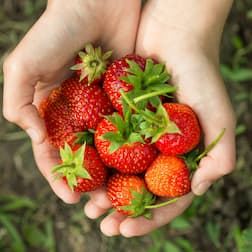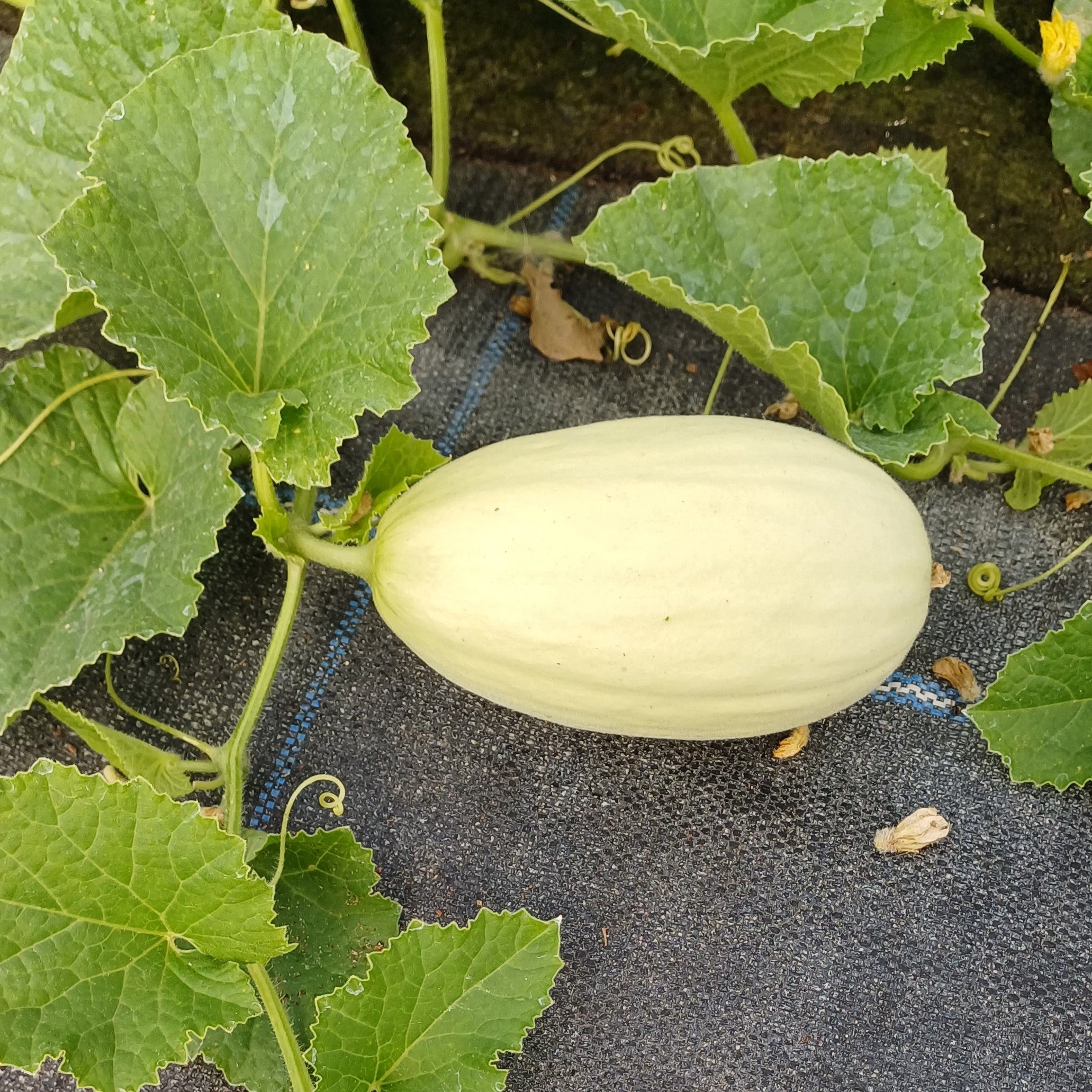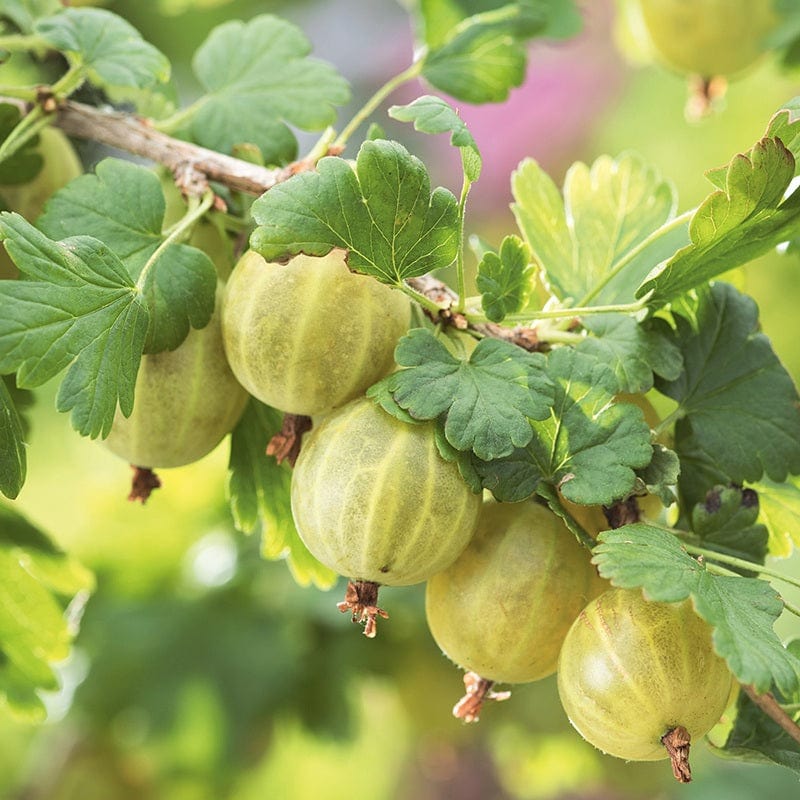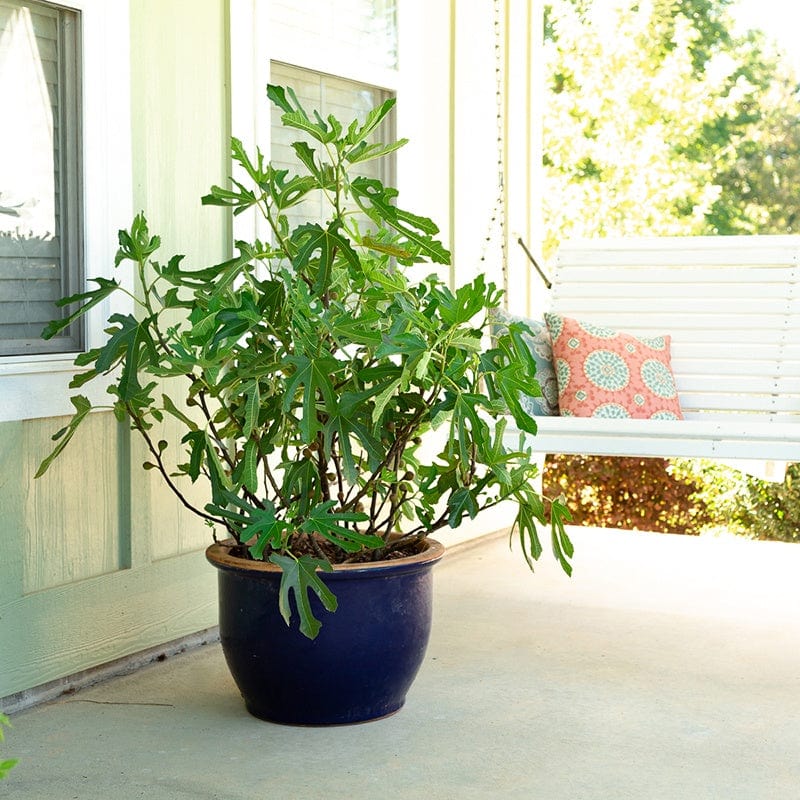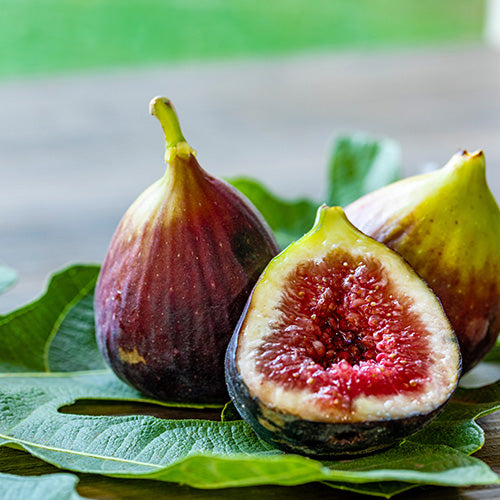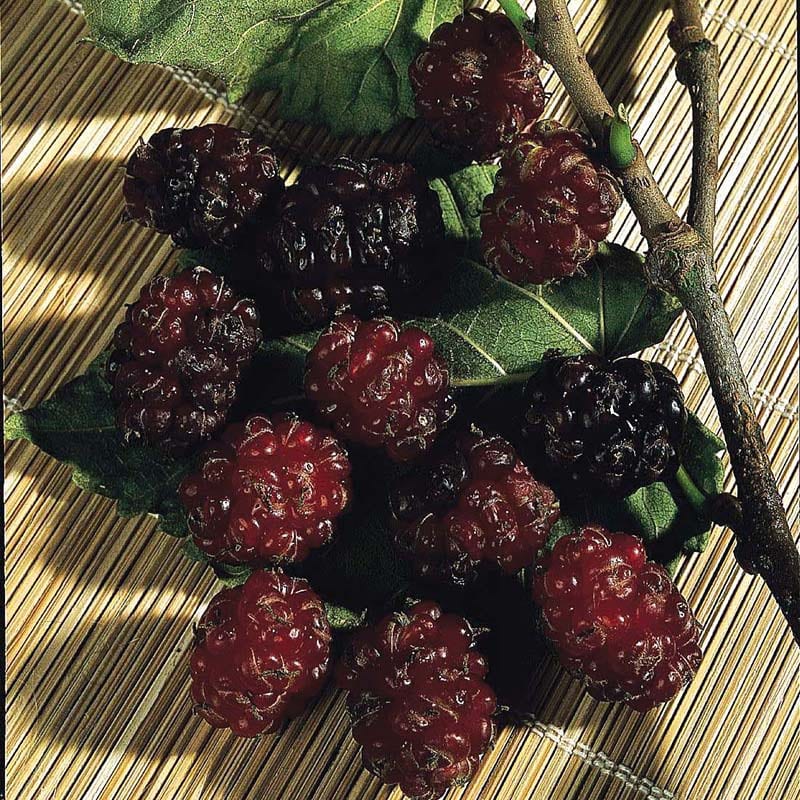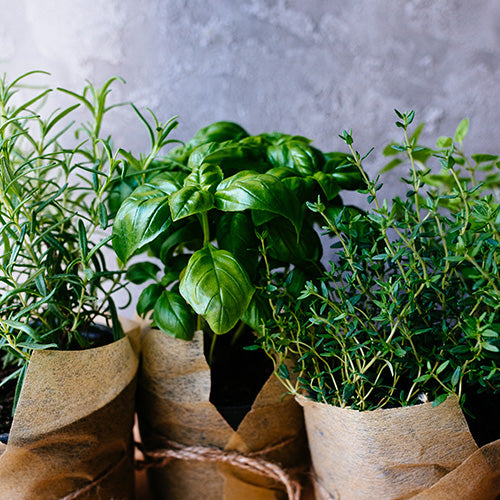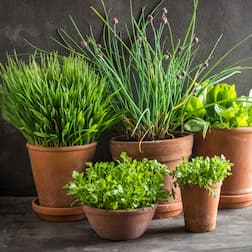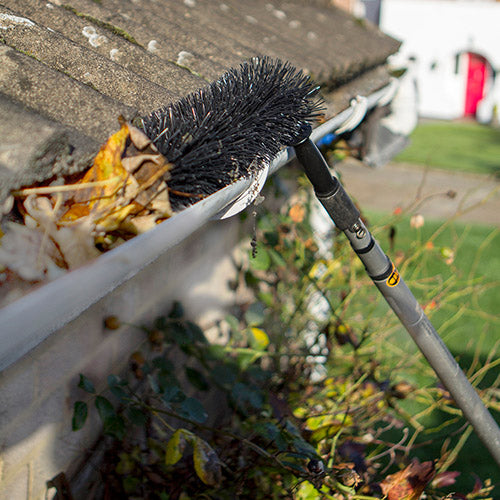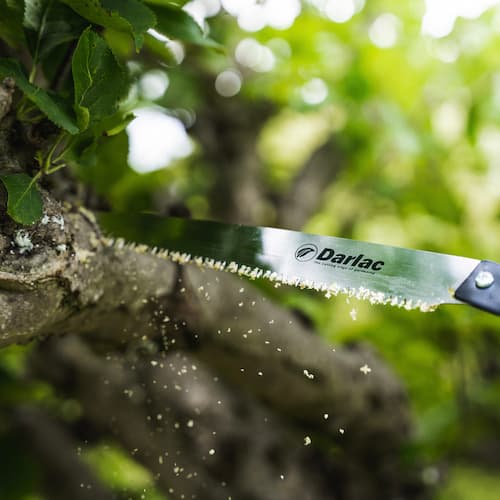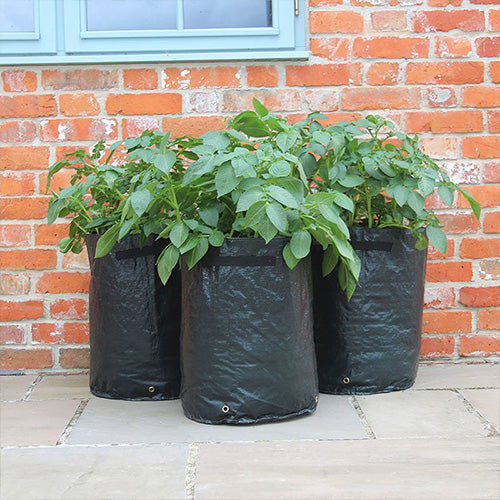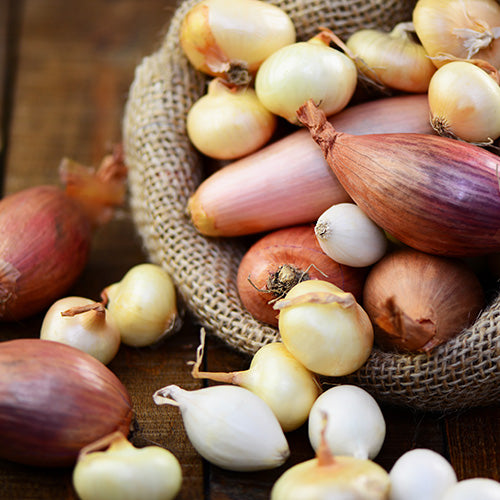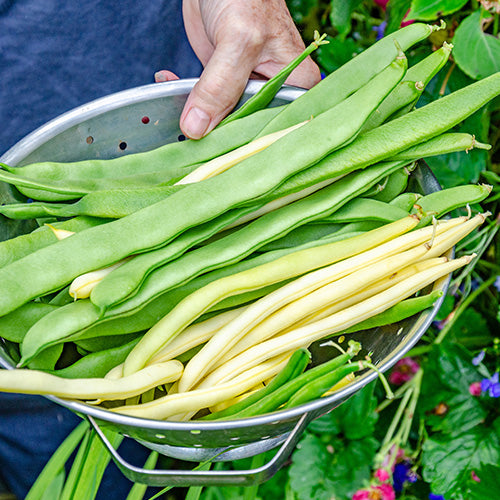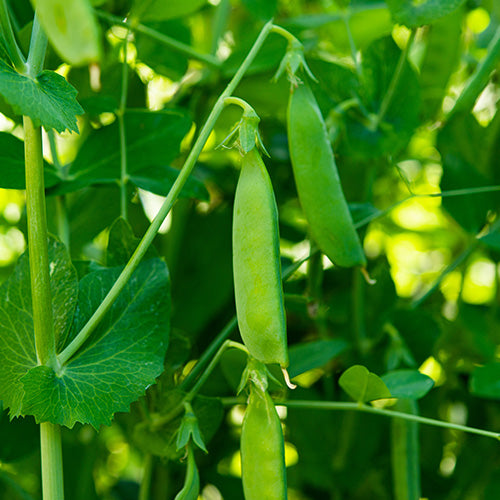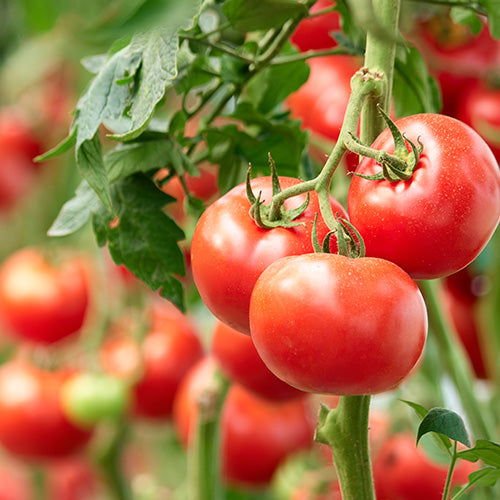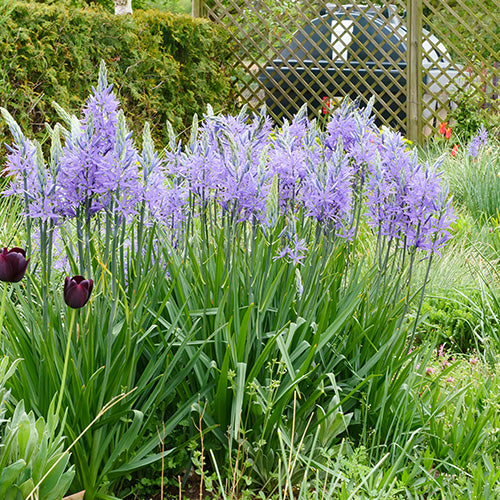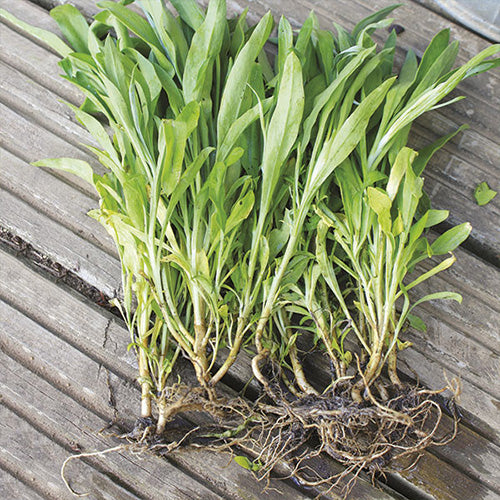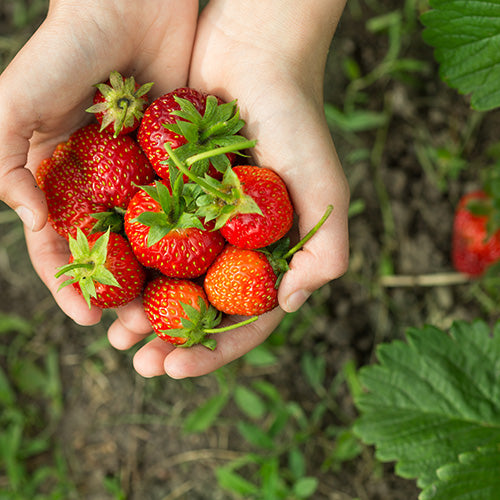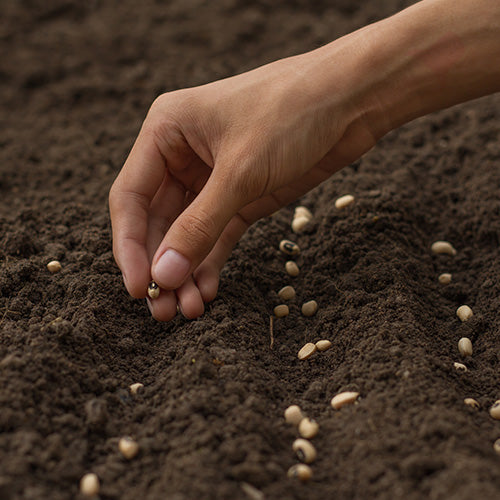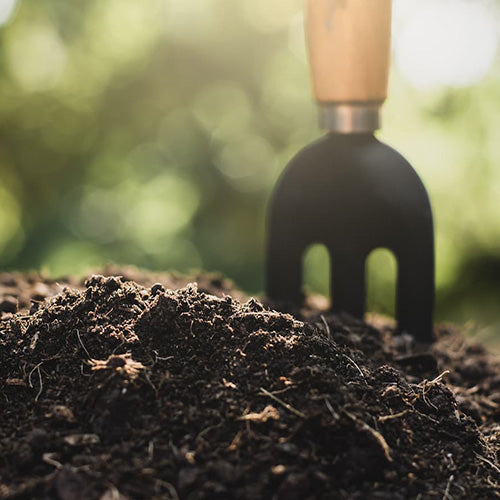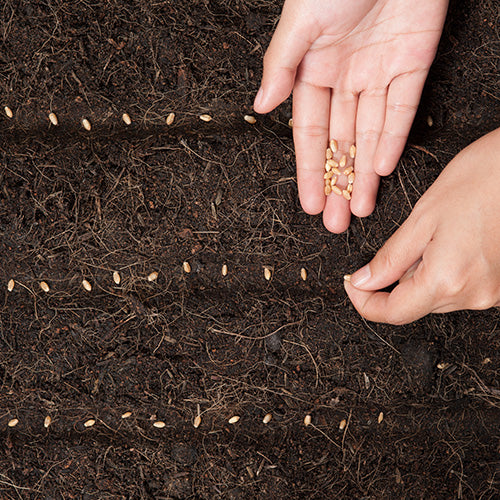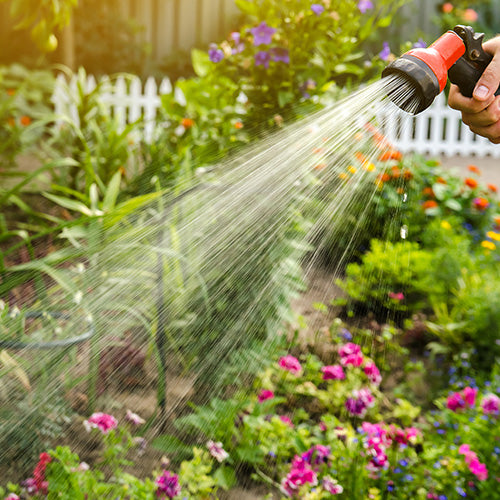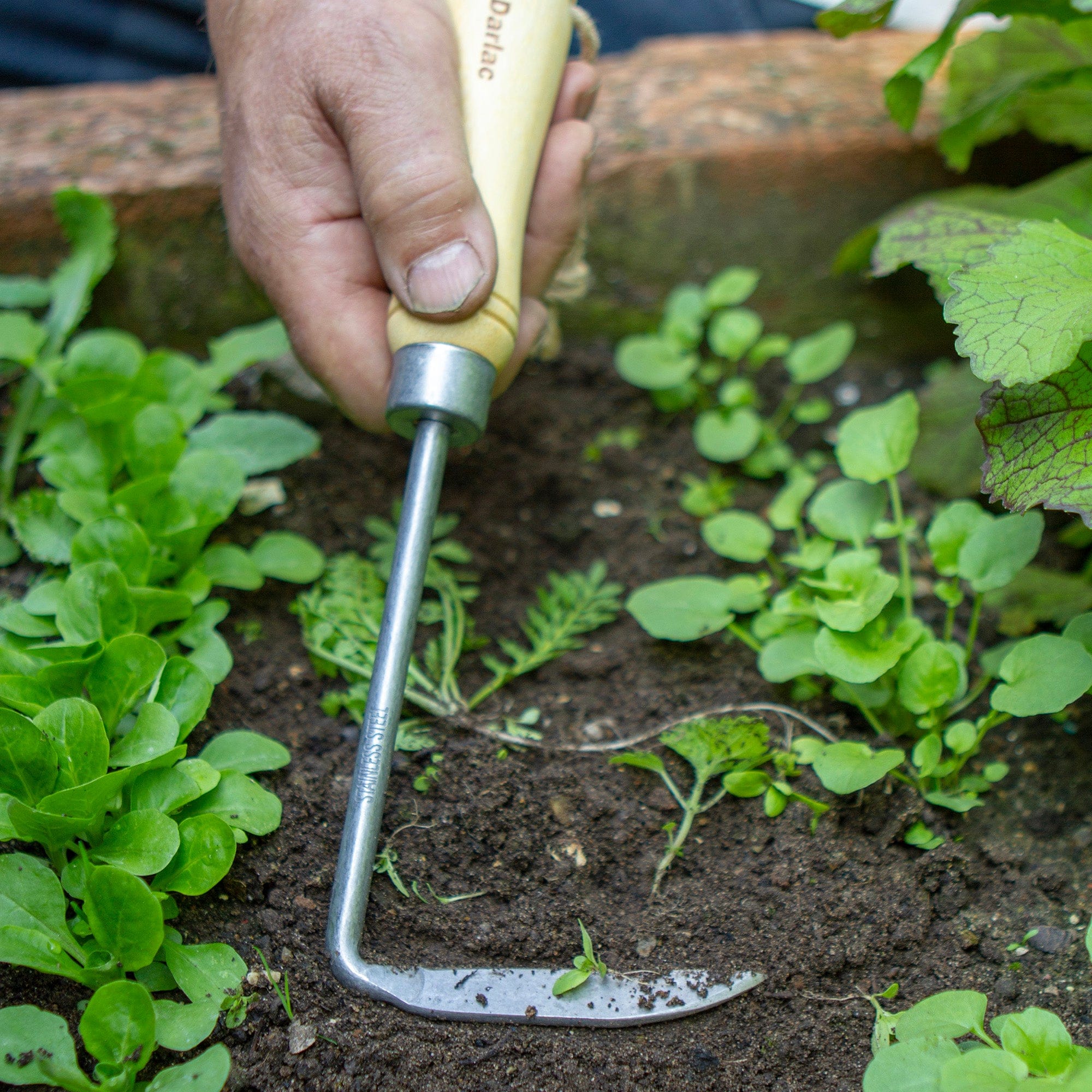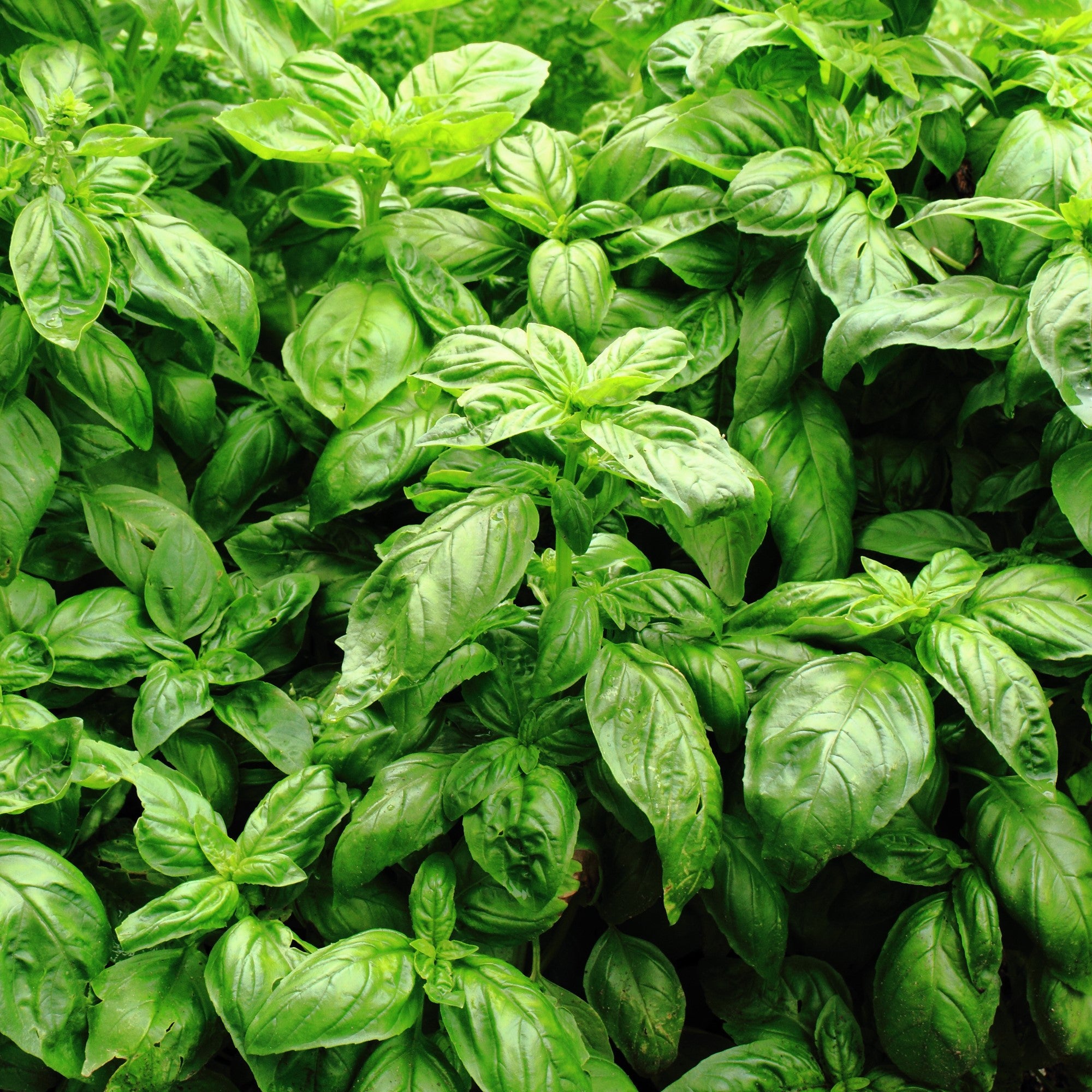
dt-brown

-
Vegetables
- Vegetable Seeds
- Vegetable Plants
- Peas and Beans
- Potatoes
- Onions, Shallots & Garlic
- Tomatoes
-
 Quick Order Form
Quick Order Form
99p Vegetable Seeds NEW Veg Seeds Vegetables To Sow Now Disease Resistant Seeds Heritage Seeds Exhibition Seeds Indoor Seeds Last Chance Vegetable SeedsGrowing In Raised Beds Exhibition Varieties Organic Veg Seeds Oriental Vegetable Patio Veg Seeds Root Vegetable Seeds Spring Green Seeds Veg Bed / Allotment Winter Vegetable Seeds Winter Cropping Other Vegetable SeedsPlant Now New Vegetable Plants Last Chance Vegetable Plants Early Despatch Plants Late Despatch Plants Summer Cropping VegetablesFirst Early Peas Pea Second Early Seeds Pea Maincrop Seeds Mangetout Snap Pea Seeds Pea First Early Seeds Petit Pois Pea SeedsAutumn Sowing Bean Seeds Broad Bean Plants Broad Bean Seeds Broad Beans Climbing French Beans Climbing Runner Beans Dwarf Bean Plants Dwarf Broad Bean SeedsExtra Early Seed Potatoes Early Seed Potatoes Second Early Seed Potatoes Second Cropping Seed Potatoes Maincrop Seed Potatoes Late Cropping Seed Potatoes Late Maincrop Seed PotatoesHeritage Seed Potatoes Potato Kit Patio Potato Planters Seed Potatoes Salad Potato Seeds Sarpo Seeds Potatoes -
Flowers
99p Flower Seeds NEW Flower Seeds Hardy Annuals Half Hardy Annuals Hardy Perennials Half Hardy Perennials Autumn Planting Seeds Annual Seeds Dwarf Seeds Edging Flower Seeds
-
Fruit
NEW Fruit Bushes and Plants Patio Fruit Bushes & Plants Fruit Plants Collections Hybrid Berry Plants Unique Fruit Plants Unusual Fruit Plants Early Season Fruit Plants Late Season Fruit PlantsStrawberry Early Season Strawberry Plants Mid Season Strawberry Plants Late Season Strawberry Plants Everbearing Strawberry Plants Misted Tip Strawberry Plants
- Herbs
-
Tools & Accessories
Planting & Growing Pots & trays Cloches & tunnels Fruit Cages Labelling Planters Planters & Baskets Seed Tape and Mats Vegetable CagesEquipment Gloves Garden accessories Frost Protection Irrigation Equipment Propagation Seed Sowing Smart Watering Sowing & Propagation Test kits Watering & Irrigation
-
Advice & Inspiration
- SALE
-
Vegetables
-
BackVegetables
-
Vegetable Seeds
-
BackVegetable Seeds
- 99p Vegetable Seeds
- NEW Veg Seeds
- Vegetables To Sow Now
- Disease Resistant Seeds
- Heritage Seeds
- Exhibition Seeds
- Indoor Seeds
- Last Chance Vegetable Seeds
- Growing In Raised Beds
- Exhibition Varieties
- Organic Veg Seeds
- Oriental Vegetable
- Patio Veg Seeds
- Root Vegetable Seeds
- Spring Green Seeds
- Veg Bed / Allotment
- Winter Vegetable Seeds
- Winter Cropping
- Other Vegetable Seeds
- Artichoke
- Asparagus
- Aubergine
- Beetroot
- Brassica Seeds
- Broccoli
- Brussels Sprout
- Butterhead Lettuce Seeds
- Cabbage
- Calabrese Seeds
- Carrot
- Cauliflower
- Celeriac
- Celery
- Chard
- Chicory & Radicchio
- Chilli
- Courgette
- Cucumber
- Kale
- Kohl Rabi
- Leek
- Lettuce
- Marrow
- Parsnips
- Pepper
- Sweet Pepper Seeds
- Pumpkin & Squash
- Radish
- Rocket
- Pak Choi
- Pickling Gherkins
- Red Cabbage
- Salad Leaves
- Spinach
- Swede
- Sweetcorn
- Turnip
- Squash
-
-
Vegetable Plants
-
BackVegetable Plants
- Plant Now
- New Vegetable Plants
- Last Chance Vegetable Plants
- Early Despatch Plants
- Late Despatch Plants
- Summer Cropping Vegetables
- Disease Resistant Plants
- Exhibition Plants
- Grafted Vegetable Plants
- Oriental Vegetable Plants
- Other Plants
- Patio Vegetable Plants
- Root Vegetable Plants
- Aubergine
- Artichoke
- Asparagus Crown
- Bean
- Beetroot
- Brassica
- Broccoil
- Brussels Sprouts
- Cauliflower
- Cabbage
- Celery
- Chard
- Chilli
- Courgette
- Cucumber
- Horseradish Thongs
- Kale
- Leek
- Lettuce
- Melon
- Onion
- Pea
- Pumpkin and Squash
- Pepper
- Salad
- Squash
- Swede
- Sweet Corn
- Sweet Pepper
- Sweet Potato
- Tomato
- Turnip
- Vine Plants
-
-
Peas and Beans
-
BackPeas and Beans
- Peas and Beans Seeds
- Heirloom Peas And Beans
- Peas
- Pea Plants
- Pea Seeds
- Beans
- Bean Seeds
- Bean Plants
- First Early Peas
- Pea Second Early Seeds
- Pea Maincrop Seeds
- Mangetout Snap Pea Seeds
- Pea First Early Seeds
- Petit Pois Pea Seeds
- Autumn Sowing Bean Seeds
- Broad Bean Plants
- Broad Bean Seeds
- Broad Beans
- Climbing French Beans
- Climbing Runner Beans
- Dwarf Bean Plants
- Dwarf Broad Bean Seeds
- French Bean Plants
- French Bean Seeds
- Green Seeded Bean Seeds
- Runner Bean Plants
- Runner Bean Seeds
- Runner beans
- Unusual Bean Seeds
- White Seeded Broad Beans
-
-
Potatoes
-
BackPotatoes
- Extra Early Seed Potatoes
- Early Seed Potatoes
- Second Early Seed Potatoes
- Second Cropping Seed Potatoes
- Maincrop Seed Potatoes
- Late Cropping Seed Potatoes
- Late Maincrop Seed Potatoes
- Heritage Seed Potatoes
- Potato Kit
- Patio Potato Planters
- Seed Potatoes
- Salad Potato Seeds
- Sarpo Seeds Potatoes
- Disease Resistant Seed Potatoes
- Unusual Seed Potatoes
- Waxy Seed Potatoes
- Floury Seed Potatoes
- Sweet Potato Plants
- Potato Collections
-
-
Onions, Shallots & Garlic
-
BackOnions, Shallots & Garlic
- All Garlic
- Garlic Bulbs
- Garlic Plants
- Garlic Seeds
- Hardneck Garlic Bulbs
- Softneck Garlic Bulbs
- All Onions
- Onion Sets
- Onion Seeds
- Onion Plants
- Heat Treated Onions
- Globe Onion Seeds
- Spring Onion Seeds
- Shallots Seeds
- Shallots Bulbs
- Autumn Planting Onions Shallots and Garlic
-
- Tomatoes
-
 Quick Order Form
Quick Order Form
-
-
Flowers
-
BackFlowers
-
Flower Seeds
-
BackFlower Seeds
- 99p Flower Seeds
- NEW Flower Seeds
- Hardy Annuals
- Half Hardy Annuals
- Hardy Perennials
- Half Hardy Perennials
- Autumn Planting Seeds
- Annual Seeds
- Dwarf Seeds
- Edging Flower Seeds
- African Flower Seeds
- French Flower Seeds
- Mixed Flower Seeds
- Other Seeds
- Perennial Seeds
- Single Flower Seeds
- Tall Flower Seeds
- Trailing Flower Seeds
- Wildflower Seeds
- Winter Flowering Seeds
- Antirrhinum
- Aquilegia
- Aster
- Begonia
- Calendula
- Californian Poppy
- Chrysanthemum
- Cosmos
- Cornflower
- Dahlia
- Delphinium
- Foxglove
- Gaillardia
- Gazania
- Geranium
- Grass
- Green Manure
- Hollyhock
- Impatiens
- Lobelia
- Lupin
- Marigold
- Morning Glory
- Nasturtium
- Nicotiana
- Pansy
- Petunia
- Poppy
- Rudbeckia
- Sunflower
- Sweet Pea
- Verbena
- Viola Mini Pansy
- Wallflower
- Zinnia
-
- Flower Bulbs
-
Flower Plants
-
BackFlower Plants
- NEW Flowering Plants
- Bedding Plants
- Patio Flower Plants
- Hardy Perennials
- Hardy Annuals
- Half Hardy Annuals
- Perennial Plants
- Shrub Plants
- Begonia
- Carnation
- Chrysanthemum
- Cosmos
- Dahlia
- Fuchsia
- Gazania
- Geranium
- Impatiens
- Lobelia
- Marigold
- Pansy Viola
- Perennial
- Petunia
- Polyanthus and Primrose
- Rudbeckia
- Sweet Pea
- Wallflower
- Zinnia
-
-
Flowers by Colour, Season or Style
-
BackFlowers by Colour, Season or Style
- Flowers To Sow Or Plant Now
- Flower Mixes
- Dahlias
- Hybrid Flowers
- Wallflowers
- First Year Flowering
- Spring bedding plants
- Summer Flowering
- Autumn Bedding Plants
- White Flowers
- Pink Flowers
- Yellow Flowers
- Orange Flowers
- Red Flowers
- Bedding & Borders
- Best for Bedding
- Best for Borders
- Best for Wildlife
- Formal Garden
- Low maintenance
-
-
 Quick Order Form
Quick Order Form
-
-
Fruit
-
BackFruit
-
Fruit Plants
-
BackFruit Plants
- NEW Fruit Bushes and Plants
- Patio Fruit Bushes & Plants
- Fruit Plants Collections
- Hybrid Berry Plants
- Unique Fruit Plants
- Unusual Fruit Plants
- Early Season Fruit Plants
- Late Season Fruit Plants
- Strawberry
- Early Season Strawberry Plants
- Mid Season Strawberry Plants
- Late Season Strawberry Plants
- Everbearing Strawberry Plants
- Misted Tip Strawberry Plants
- Raspberry Canes
- Early Season Raspberry Canes
- Late Season Raspberry Canes
- Mid Season Raspberry Canes
- Blackberry
- Black & Red Currant
- Blueberry
- Fig
- Gooseberry
- Kiwi Plants
- Melon
- Mulberry
- Rhubarb
-
-
Fruit Seeds
-
BackMain menu
-
-
Fruit Trees
-
BackMain menu
-
-
 Quick Order Form
Quick Order Form
-
- Herbs
-
Tools & Accessories
-
BackTools & Accessories
- Darlac Tools
-
Accessories
-
BackAccessories
- Bee Hives
- Bees and Wildlife
- Bird Food
- Planting & Growing
- Pots & trays
- Cloches & tunnels
- Fruit Cages
- Labelling
- Planters
- Planters & Baskets
- Seed Tape and Mats
- Vegetable Cages
- Equipment
- Gloves
- Garden accessories
- Frost Protection
- Irrigation Equipment
- Propagation
- Seed Sowing
- Smart Watering
- Sowing & Propagation
- Test kits
- Watering & Irrigation
- Fertilisers
- Fertilisers
- Soil Improvers
- Compost
- Peat Free Compost
- Compost Bins
- Bulk Deals
- Pest & Disease Control
- Pest Control
- Disease Control
- Netting & Fleece
- Netting Fleece Covers
- Slugs & Snails
- Weed Control
- Nematode Pest Control
- Garden Buildings
- Greenhouse
- Growhouses
- Greenhouse Accessories
- Cold Frames
- Garden Storage
-
-
 Quick Order Form
Quick Order Form
-
-
Advice & Inspiration
-
BackAdvice & Inspiration
-
The Vegetable Garden
-
BackThe Vegetable Garden
-
-
The Flower Garden
-
BackThe Flower Garden
-
-
The Fruit Garden
-
BackThe Fruit Garden
-
-
Getting Started
-
BackGetting Started
-
-
- SALE

